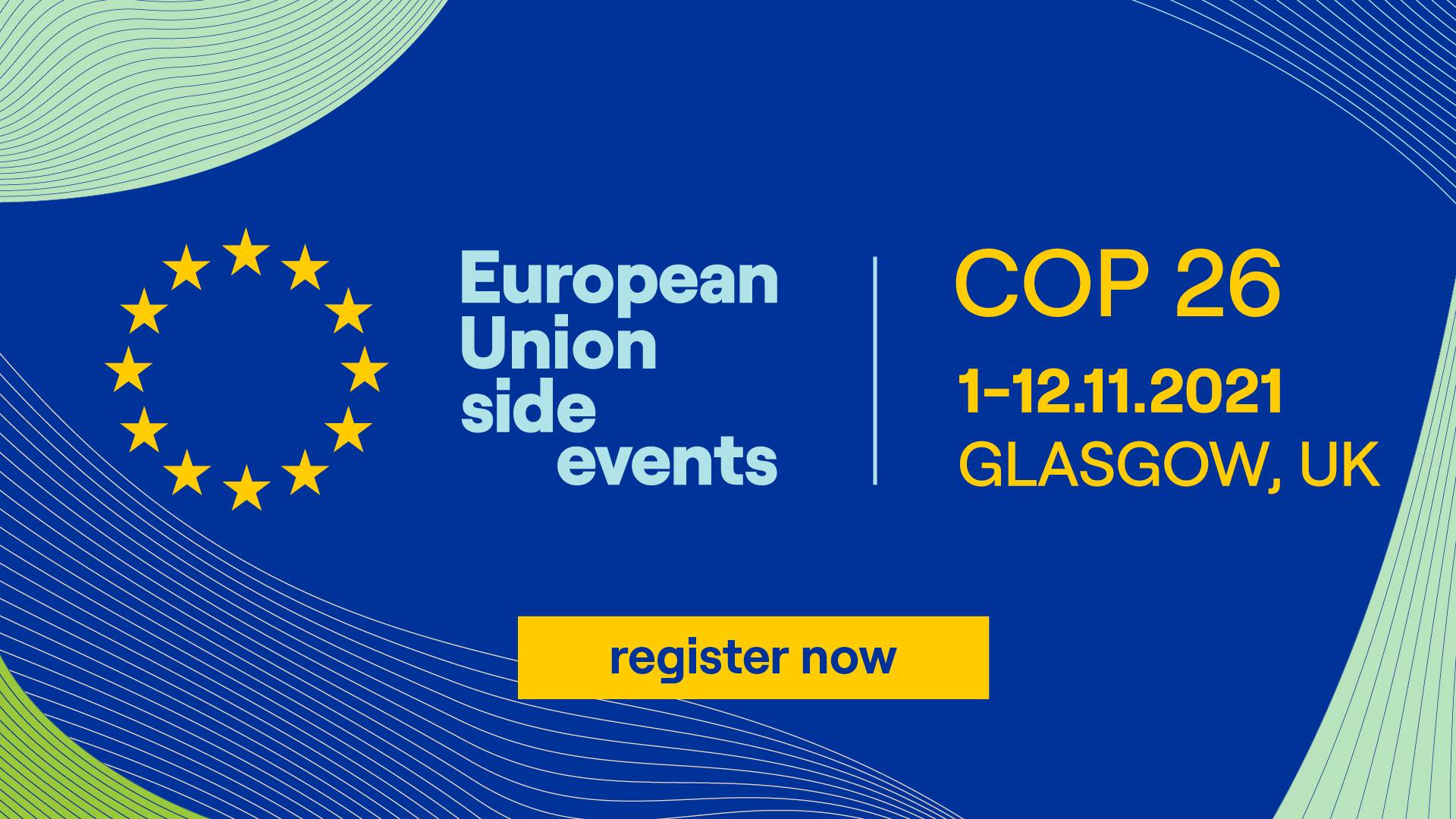
WHEN: 6th November 2021 I TIME: 9:30 (Brussels Time) / 14:30 (Bangkok Time) I WATCH OUR SIDE EVENT REPLAY HERE
With the ambition for a climate –neutral Europe by 2050, the EU has communicated its high ambition to lead a global transition to a process resource-efficient and circular economy. The event “EU’s international cooperation on Circular Economy: a systemic response to climate change” illustrates the different pathways for the transition by highlighting experience from the SWITCH-Asia and Switch Africa Green programme. A circular economy has the potential to contribute to climate change mitigation and adaptation while seizing economic opportunities — this is the inspiration driving the EU-funded SWITCH programmes.
The interactive panel discussion will highlight policy measures, project experiences and lessons learnt from EU funded interventions.
Programme
*Note: The time mentioned in this programme is the Time zone in Glasgow, UK (GMT). Our Side Event will take place at 9:30 (Brussels Time) / 14:30 (Bangkok Time)
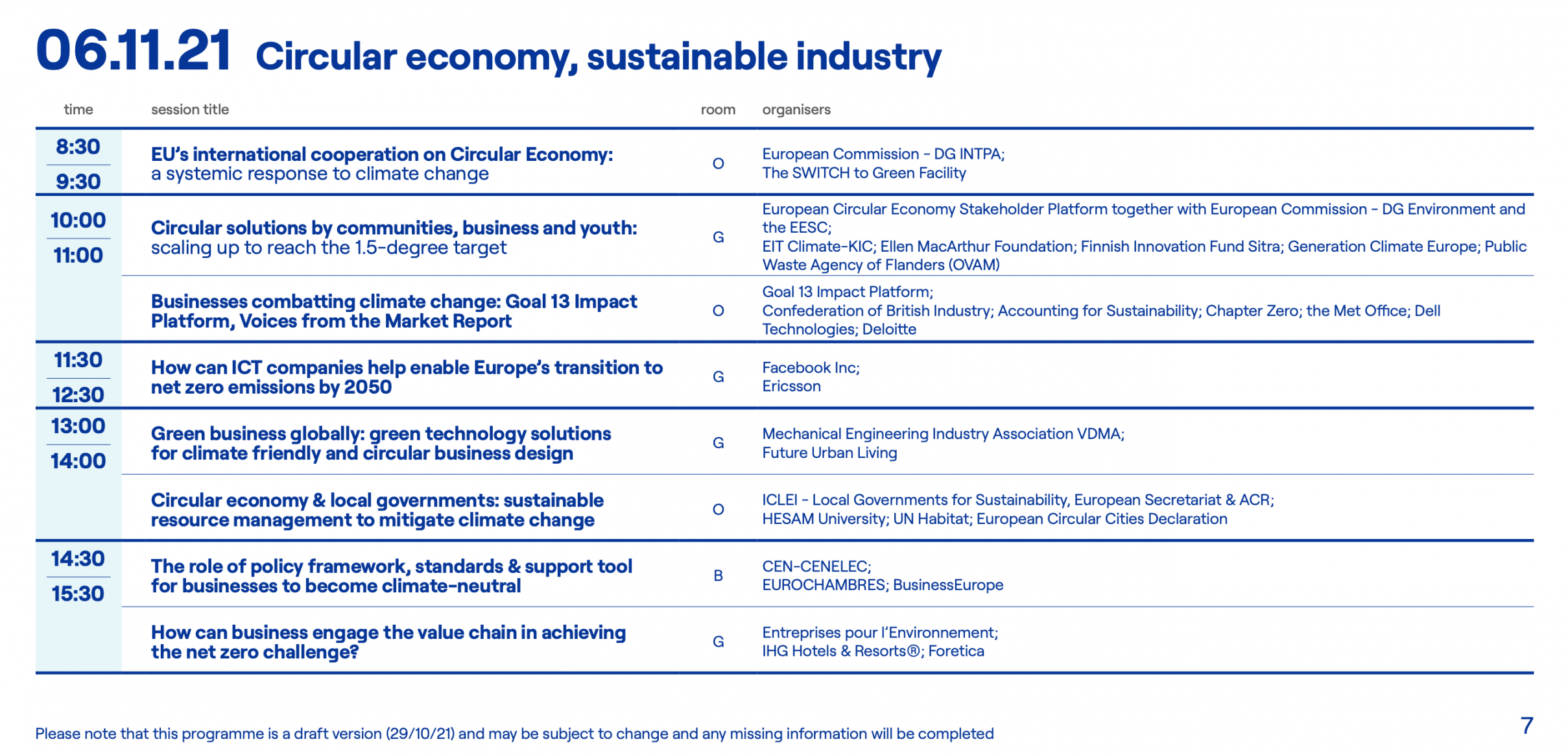
Watch Side Event Replay HERE
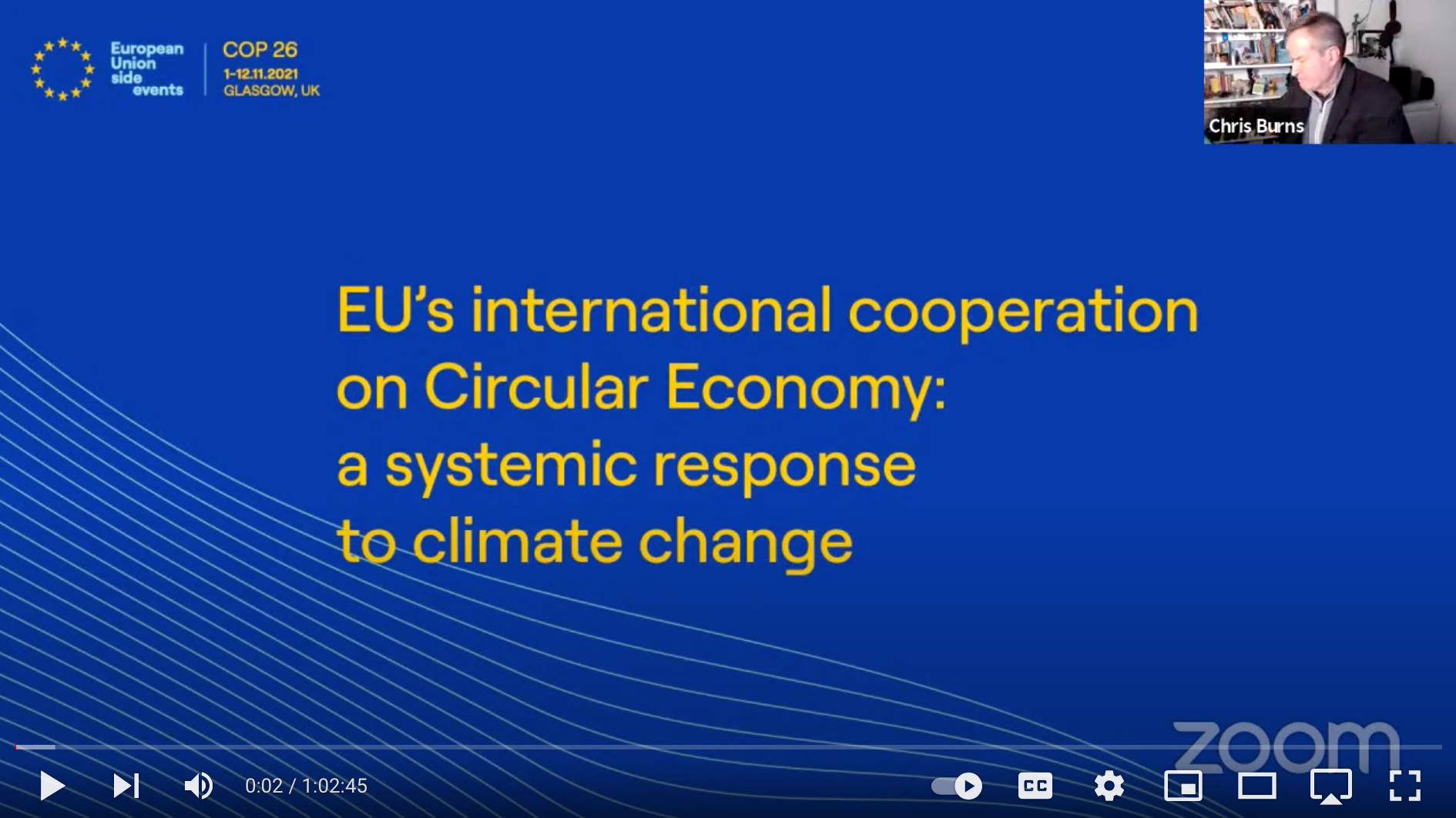
Speakers
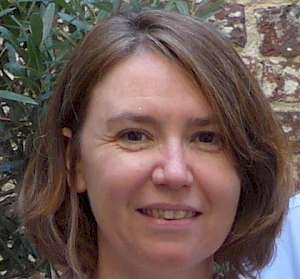 Chantal Marijnissen, Directorate General International, Head of Unit F2
Chantal Marijnissen, Directorate General International, Head of Unit F2
Chantal Marijnissen will highlight the EU’s commitments to a carbon-neutral economy with emphasis on the external dimension of the European Circular Economy Actions Plan and the blue print offered by the EU Green Deal.
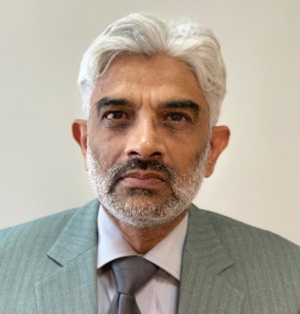 Muhammad Irfan, Ministry of Climate Change Pakistan, Director General (Environment & Climate Change)
Muhammad Irfan, Ministry of Climate Change Pakistan, Director General (Environment & Climate Change)
The Government of Pakistan has recognised that climate change is a priority area that requires effective action by the Government. Muhammad Irfan will highlight the importance of dealing effectively with climate change. Pakistan has adopted a Pakistan’s Vision 2025 and a National Climate Change Policy and has adopted the Sustainable Development Goals as part of our national development agenda, within which climate action is an integral part.
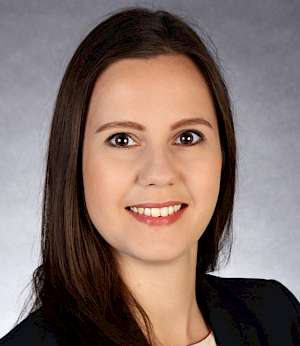 Jana Zilkova, SWITCH-Asia Project Recycling Building Materials, Head of Mission (Country Representative) Caritas Czech Republic in Mongolia
Jana Zilkova, SWITCH-Asia Project Recycling Building Materials, Head of Mission (Country Representative) Caritas Czech Republic in Mongolia
Buildings and their construction together account for 36 percent of global energy use and 39 percent of energy-related carbon dioxide emissions annually (UNEP). Jana Zilkova, project manager of the Recycling Building Materials project will share how the project facilitated a secondary materials market for construction materials – significantly facilitating emission reduction.
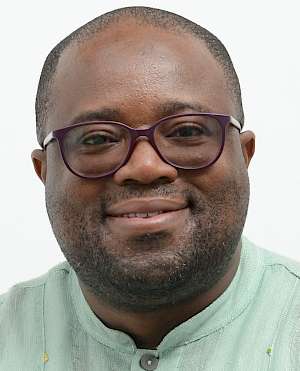 Raymond Okrofu Ategbi, Environment And Renewable Energy Expert at Safi Sana, part of the Switch Africa Green Project Green Biogas Ghana
Raymond Okrofu Ategbi, Environment And Renewable Energy Expert at Safi Sana, part of the Switch Africa Green Project Green Biogas Ghana
Together with energy efficiency, renewable energy can address about 55% of total CO2 emission. In 2017, Safisana, opened the first recycling plant in Ashaiman, Ghana, serving a settlement of 250.000 people. The plant succeeded in establishing the first waste to energy plant in West Africa – contributing to emission reduction. Raymond Okrofu Ategbi will report how Safisana developed a circular business model for local waste treatment. Their recycling plants turn organic waste and faecal sludge into high value products: renewable energy, organic fertilizer and irrigation water.
 Katharine Thoday, Principal Environment Specialist, Environment Thematic Group Sustainable Development & Climate Change Dept., Asian Development Bank (ADB)
Katharine Thoday, Principal Environment Specialist, Environment Thematic Group Sustainable Development & Climate Change Dept., Asian Development Bank (ADB)
Katharine Thoday will discuss how to finance the transition to a circular economy. She will highlight the role of financial institutions to enable the transition to a circular economy with a focus on climate action.



